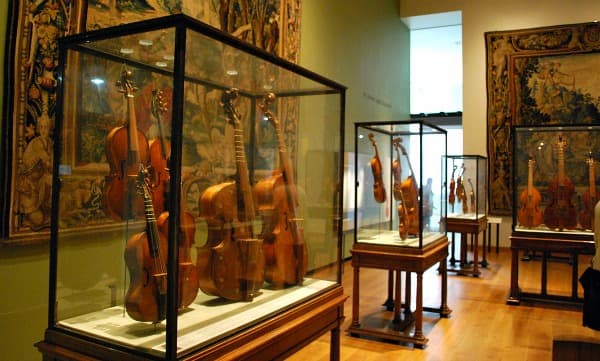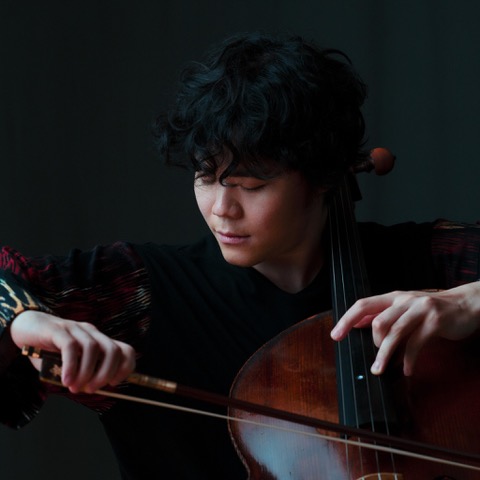Angela Lau is a Hong Kong pianist pursuing a Doctor of Musical Arts degree in Piano Performance at the University of Cincinnati College-Conservatory of Music (CCM). In this interview, we discuss her latest performing project promoting music written by Hong Kong living composers.
Hi Angela, can you tell us a little background of yourself?
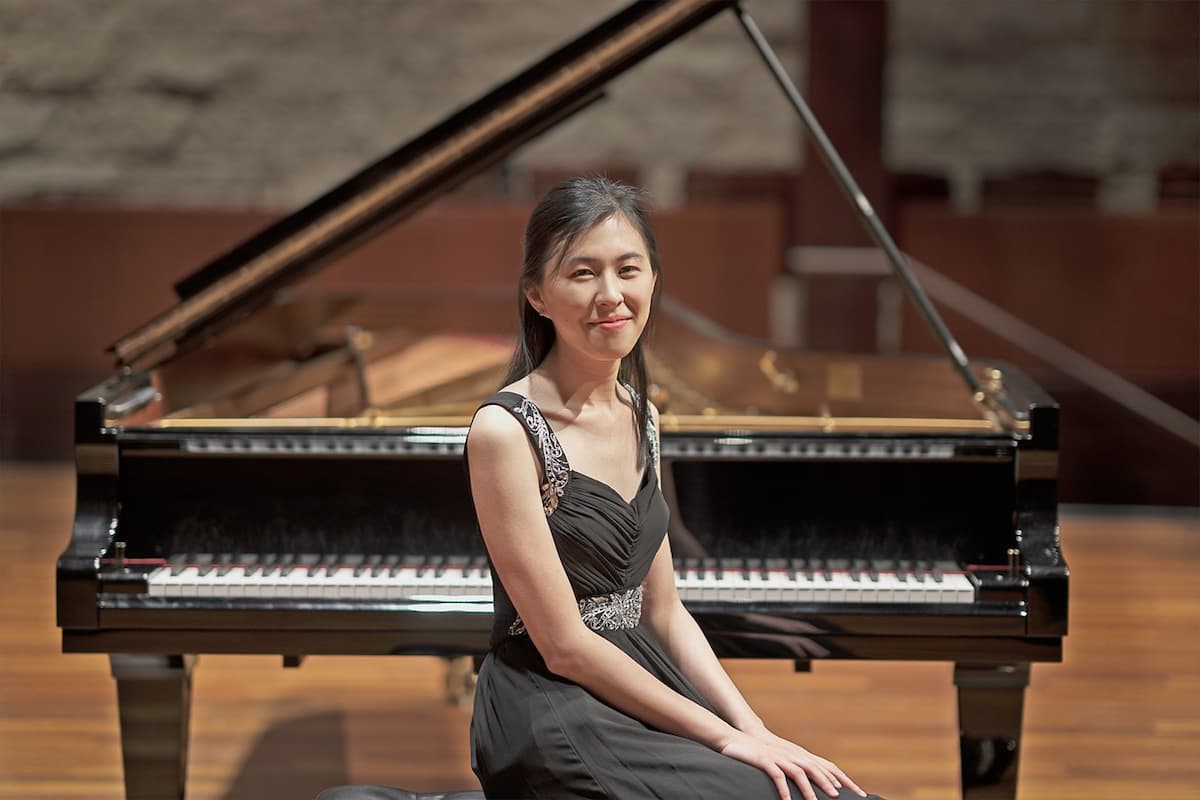
Angela Lau
Sure, I started playing the piano at age 5 1/2, it was the first instrument I learned to play. When I went to primary school, our school back then promoted each student to learn an orchestral instrument and my mom enrolled me to play the violin. Throughout my pre-college years, I was introduced to the guitar, mandolin, and clarinet as well. As you can imagine, I was constantly surrounded by music as I grew up. The most memorable moment was playing in a folk band named Vanilla with my friends. Our band mainly performed folk songs from America and Taiwan. It was the moment I realized the joy of performing in an ensemble setting.
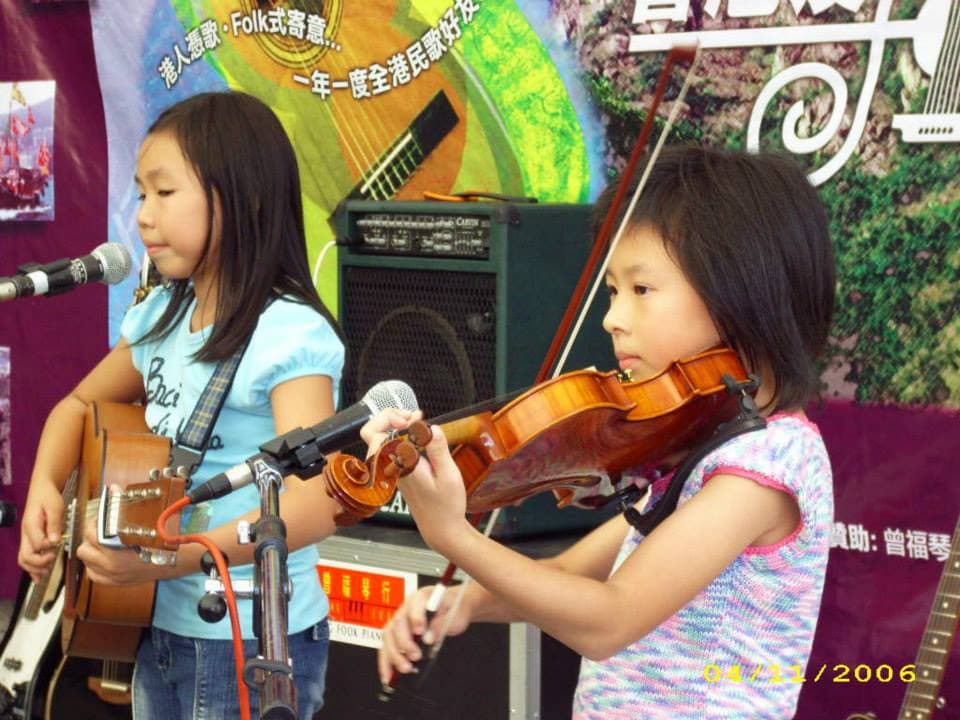
Angela Lau performing with her friend in 2006
At first, I was definitely interested in pursuing a music career, but I wasn’t seeking it out. Therefore, I only applied to a few music conservatories and universities. I decided to further my studies at the Royal College of Music, London. In the culturally vibrant city, I have a lot of opportunities to get immersed in the arts. Looking for a change, I moved to the United States to continue my graduate studies. Currently, I am concluding my education at the University of Cincinnati College-Conservatory of Music (CCM) with a Doctor of Musical Arts degree in Piano Performance. At CCM, I also serve as Teaching Assistant in Piano.
What inspires you to promote piano music by Hong Kong composers?
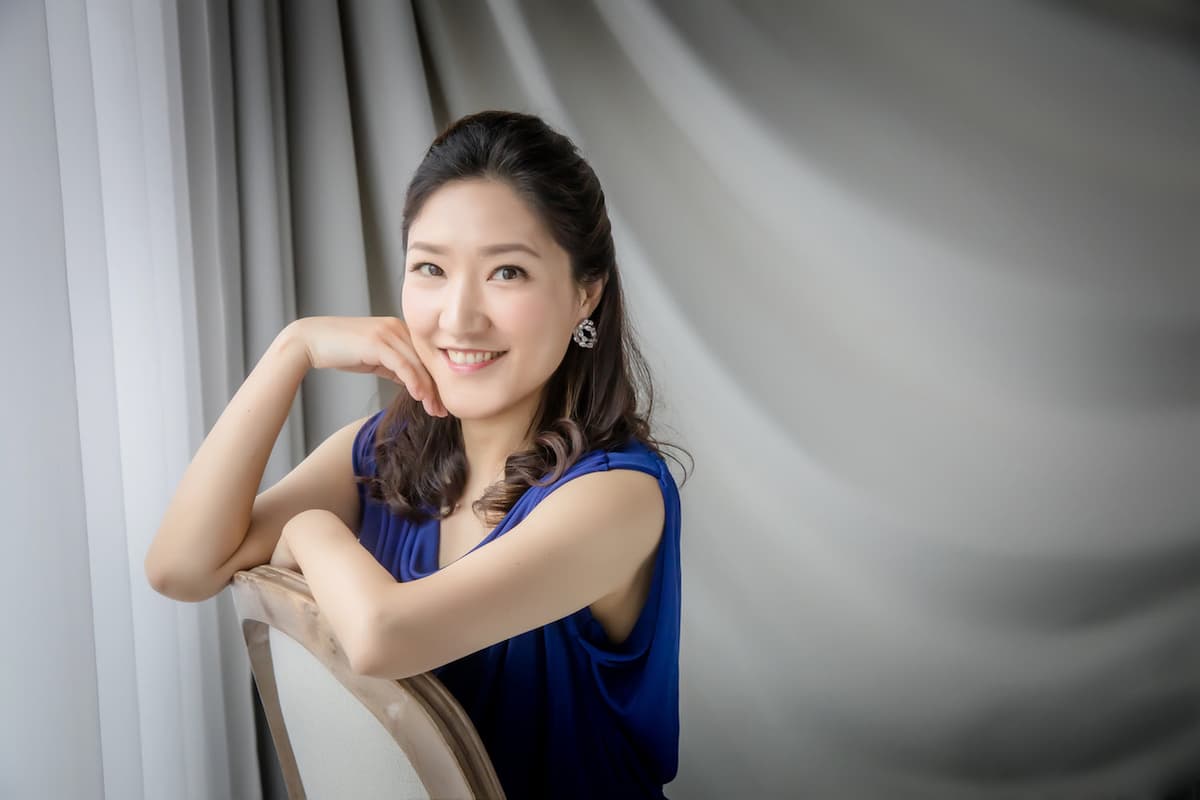
Julie Kuok
It was a thought that came by recently last December, but tracing back I was initially inspired by the festival Art of the Piano which I participated in 2022. The theme of the festival was “Stillpoint” which culminated composers Tyshawn Sorey, Paola Prestini, Peteris Vasks, Jessie Montgomery, Jonathan Bailey Holland, Alvin Singleton and Judd Greenstein to commission works dedicated to this idea. The festival recital for the commission project was intriguing and well received.
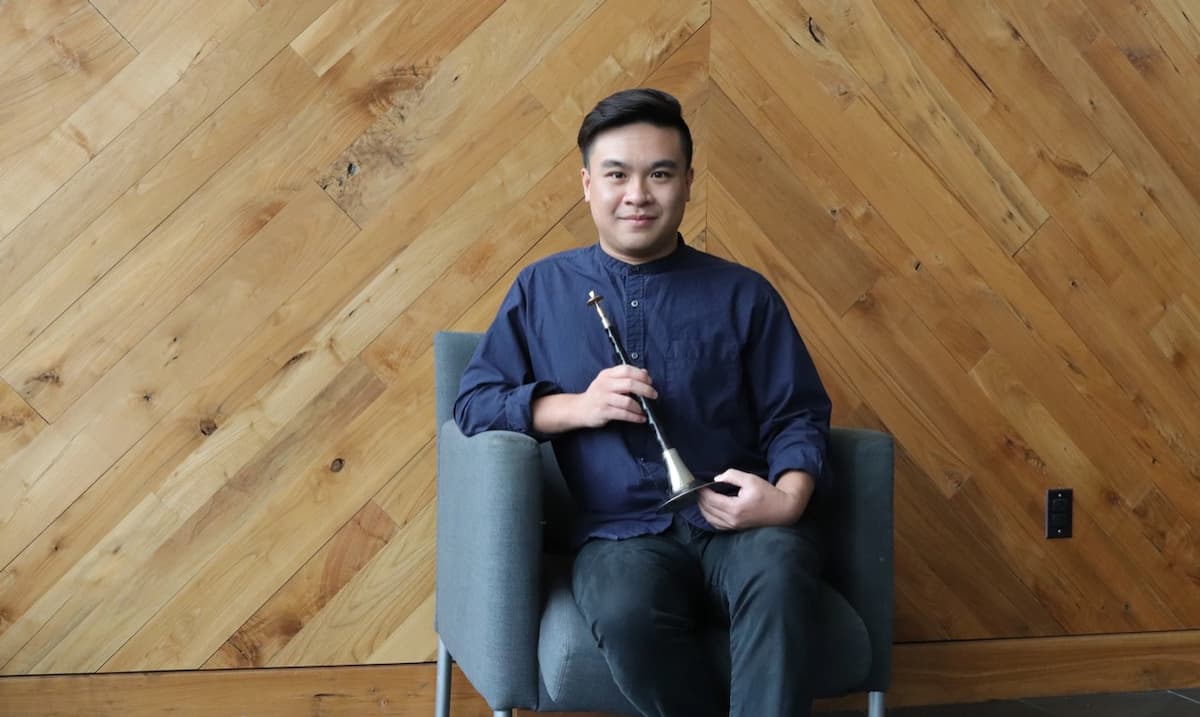
Kwan Leung Ling
At that time, I was asked about music that is unique to my culture and heritage. I began to wonder what the characteristics of Hong Kong music are and why I never got to explore my musical roots. This was when I decided to call Hong Kong composer Kwan Leung Ling for a commission work incorporating Cantonese folk elements. I wanted to learn a Hong Kong piano work that is close to my heart and best represents my upbringing. However, this idea of commissioning a work by a Hong Kong composer grew bigger in scale. Eventually, I determined it would be more meaningful to play a full recital showcasing composers from various generations either born or educated in Hong Kong.
The projects include various pieces written by five different composers. Please tell us more about each of them. How did you get in touch with them?
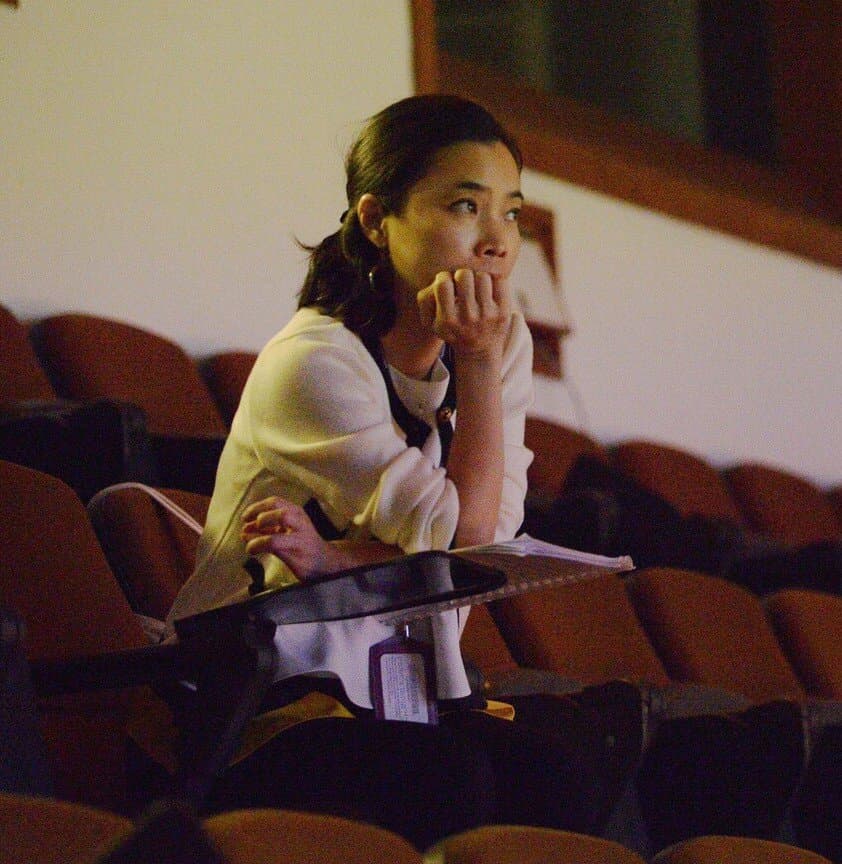
Pui Shan Cheung © Kathleen Yee
Believe it or not, I get to know the majority of this project’s composers as I discover their works. It is such a wonderful way to connect with them and study each of their works. The composer that knows me best out of the five is Julie Kuok. She was my former piano teacher before I went to London to study. I reached out to the other composers via email as they are in different continents. Both Kwan Leung Ling and Hon Ki Cheung are based in Missouri and Ohio, US respectively. Pui Shan Cheung is based in Hong Kong, whilst Bun Ching Lam resides between New York and Paris. I was really excited to meet Hon Ki Cheung in person at my recital in Cincinnati, Ohio. She gave me insights on her take for 5 Sketches of Water, which is what makes the performance of living composers great.
Hon Ki Cheung: Five Sketches of Water (performed by Angela Lau)
Hong Kong is a diverse city with charming yet unique beauty. Are there any specific elements that mainly exist in Hong Kong piano works?
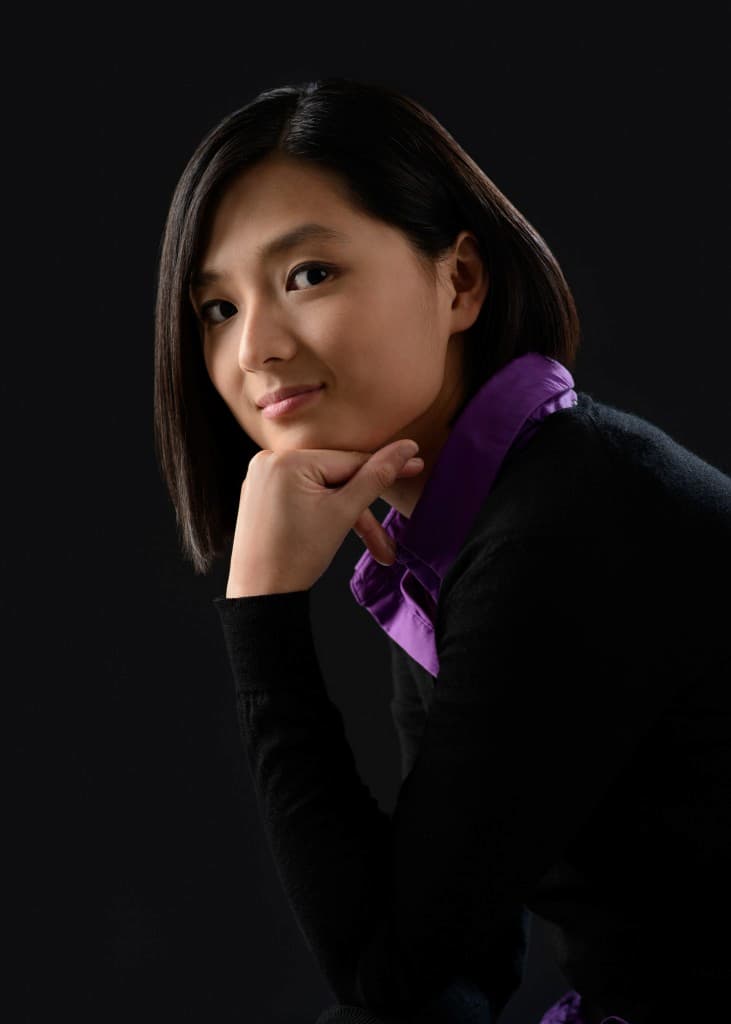
Hon Ki Cheung
This is a very interesting question and I trust that everyone has their own view. From my experience being brought up in Hong Kong, the city is a melting pot of Eastern and Western cultures, in a sense which tradition and modernism blend in harmoniously. The five composers included in my project spent their time in both cultures and studying Western classical music. Their compositional interests span from philosophy, religion to the arts.
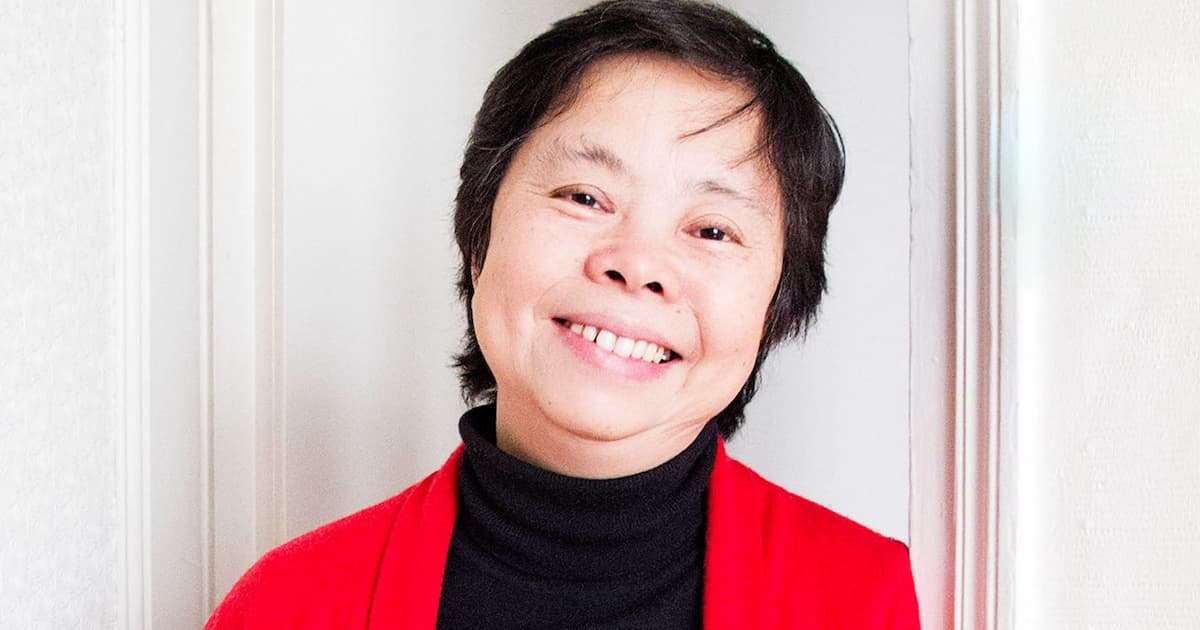
Bun Ching Lam
When I craft my program for the project, I try to pair works that resonate with my personal experience and are cohesive. For instance, Hon Ki Cheung’s 5 Sketches of Water and Julie Kuok’s Birthday Dada touch on the topic of life, more specifically aging, memories and death. Both of their works utilize pentatonic scale, the former incorporates palm chord clusters to imitate vapor and the later deals with the forearm to depict bells ringing. There is certainly much more Hong Kong music to delve into, I am excited to learn and share with the Interlude readers.
Have you performed any pieces written by Hong Kong composers before? How did the audience from the United States respond to that?
Julie Kuok: Birthday Dada (performed by Julie Kuok)
I was introduced to Birthday Dada by my former teacher Julie Kuok in Hong Kong. She wished to expose me to extended techniques for the piano such as incorporating palm and forearm movements. Birthday Dada is a charming piece that interweaves Chinese music elements into the original birthday tune. It appeared as an encore piece in my recital at St. Stephen’s Church, London, which received warm response from the audience.
Bun Ching Lam: Selections from Six Phenomena (performed by Angela Lau)
Recently, I performed Hon Ki Cheung’s 5 Sketches of Water and selections from Bun Ching Lam’s Six Phenomena in a preview concert at Ascension Lutheran Church in Cincinnati. Since it was many of the audience’s first time hearing the work, I gave a little introduction to both works. The audience really appreciated the music and expressed their fondness for hearing both works being performed again.
Know more about Angela Lau.
For more of the best in classical music, sign up to our E-Newsletter

